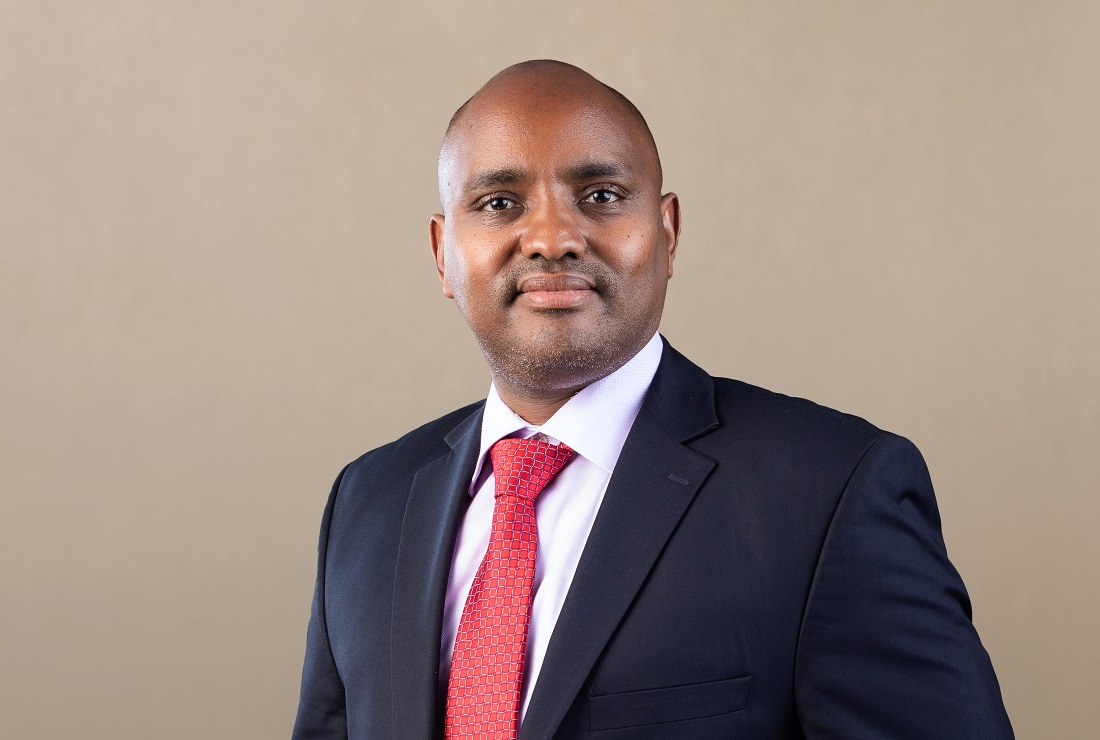Henry Ohanga, known to many simply as Octopizzo, is one of Kenya’s most prolific artists. For over a decade, he has entertained audiences around the world with a strong catalogue that includes several hits and over seven full-length projects including his 2022 album Lamu Nights.
The rapper has been consistent in using art to tell stories inspired by, among other experiences, his upbringing in Kibera, Nairobi. Beyond the music, he has made a lane for himself in philanthropy with his Octopizzo Foundation.
Octopizzo was recently named by Meta as one of eight talents in its Rising Stars campaign, alongside personalities including Kenyan singer Fena Gitu. The campaign aims to amplify the voices of talents from across Africa who are building a global presence. Octopizzo spoke to Business Today on how he approaches making money and securing opportunities as a creative, his team’s role and why he’s no longer interested in making hit records.
Unlike many Kenyan artists who focus on releasing hit records and capitalizing off performances and streams, Octopizzo has much more diverse income streams. He revealed that he primarily makes money from sync deals, live performances, endorsements, partnerships, speaking engagements and ventures including livestock farming and real estate.
“I’ve been doing this for 12, 13 years. It reaches a point where you no longer need to prove that you can make a hit record,” he noted.
Some of Octopizzo’s songs have been used in movies, documentaries and TV shows – such as the Giants of Africa documentary focused on the basketball program established by Toronto Raptors President Masai Ujiri. Octopizzo revealed that when recording albums, he takes time to curate the sounds with the goal of having them used in different settings, such as movies or fashion shows, and even consults top DJs to get their opinions on what he’s making.
“It took me two years to curate Lamu Nights,” he disclosed, stating that he also took time to carefully pick out a handful of collaborations with artists including Buruklyn Boyz, Max Okello and Lisa Oduor-Noah.
Explaining how he adds value to his performances and gets to charge more, he explained that since 2019, he only performs live music. Octopizzo also asserted that his team has been key to his success, noting that he has dedicated teams on multiple continents.
“My role is to make music that makes the work of my team easier and helps secure opportunities. I have a team in the US, in Europe, in Africa,” he disclosed.
On how he balances passion, values and profit, Octopizzo maintains that he prioritizes impact and says he has turned down opportunities he felt did not align with his values despite the money on offer, such as offers to endorse various political candidates.
“In every partnership or endorsement I have with an organization, they have to do something for the community as part of the agreement,” he states, noting that his foundation focuses on boosting music and arts, sanitation, mental health and technology.
He hopes that his new partnership with Meta will enable him to tell authentic stories about the place he comes from, Kibera, and its people, stating that for too long they have been misrepresented.
“Not everyone from Kibera is uneducated or violent. People judge you based on your environment,” he observed.
He called for artists, content creators and influencers to speak up on social issues so as to give Kenyan youth a voice in the decision-making process on matters that affect them, such as taxation and job creation.
“Instead of getting artists and content creators to push their agenda, the first thing the government should do to support artists is to build the industry itself,” he argues, highlighting the countless challenges artists in Kenya face. “Look at the Music Copyright Society of Kenya (MCSK). Artists haven’t been paid for years, they send people Ksh2,000.”
Octopizzo advised young Kenyan artists, many of whom are independent, to be disciplined and authentic if they want a shot at success, and to consistently invest in their craft.
“There’s a difference between the music business and the music industry. The music industry is all about hype – cars, views, clout. The music business is all about discipline. I treat music like a 9-5 job,” he asserted.
NEXT>Inside Family Feud Rocking Naivas Empire

!["I've been doing this for 12, 13 years. It reaches a point where you no longer need to prove that you can make a hit record," he noted. [Photo/ KBC]](https://businesstoday.co.ke/wp-content/uploads/2023/06/ezgif.com-webp-to-jpg-16.jpg)










Leave a comment